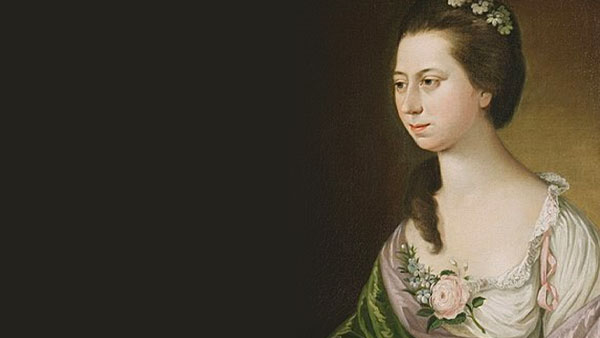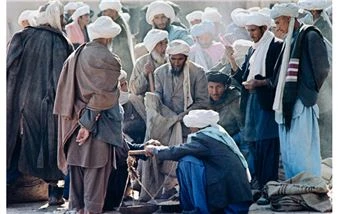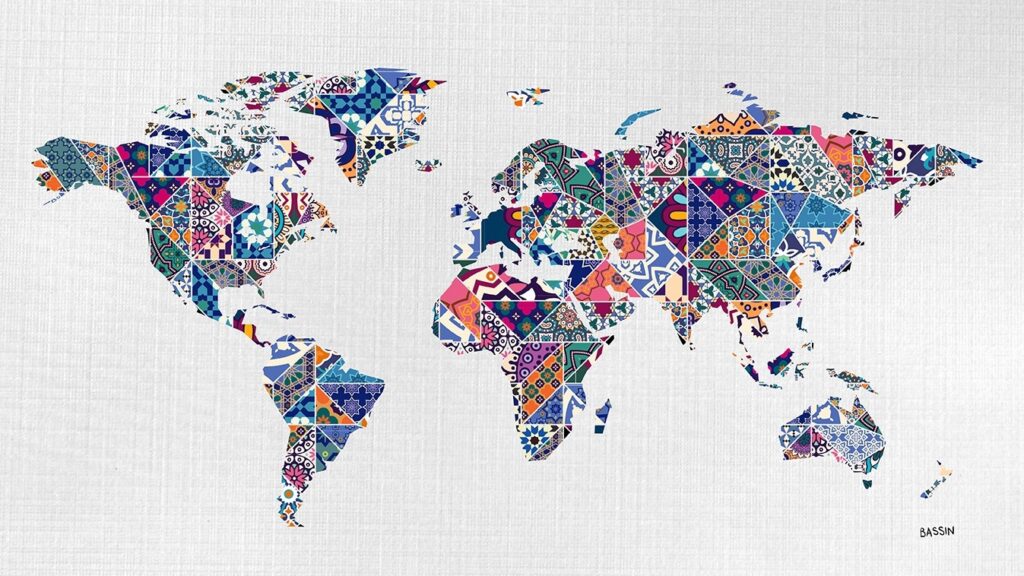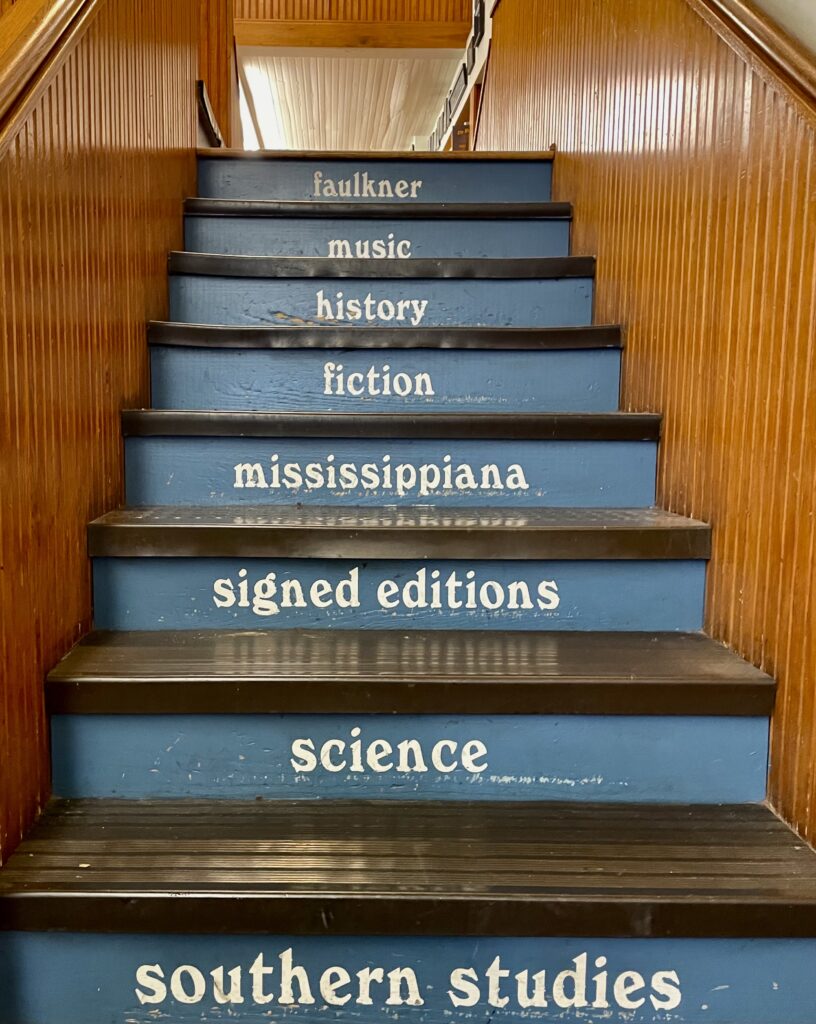On the final day of the American Constitutional Convention of 1787, as people gathered in colonial Philadelphia to await news of what exactly our founders had crafted, Elizabeth Willing Powel, a well known salonaire of that era and a close confidant of George


Washington, inquired of Ben Franklin, “What have we created, Dr. Franklin, a republic or a monarchy?” His famous reply: “A republic…if you can keep it.”
Little could Franklin have known that he also would be speaking to most countries around the globe 235 years later, for the world now anxiously nurtures increasingly fragile democratic experiments in the face of expanding authoritarianism.
Let’s try to define democracy, worldwide. Here’s historian Timothy Snyder, in the first ten minutes of this TED video, describing what a dynamic thing democracy is and how hard it is to hold on to it, how it exists inside us. He urges as well that we consider it as a verb, not a noun. And he mentions the dangers of “procedures.”
“We think too much and feel too little. More than machines, we need humanity.”
Meanwhile, as leaders struggle to put principle over personal gain, would that every politician absorb Charlie Chaplin’s powerful exhortation to defend democracy — from The Great Dictator (1941). Here’s the transcript of the speech.
“Get up there with that lady on top of the Capital dome, that lady that stands for liberty! Take a look at this country through her.”
Remember as well Jimmy Stewart in Mr. Smith Goes to Washington. Witness again the relentless determination and passion with which he fought – right up to the last syllable of his voice – for freedom and democracy.
Fast forward to November 2023, as former President Barack Obama offers three minutes of clarity on where democracy and civil society now stands, 236 years after the American Constitutional Convention, in this X post below:
For a more thorough look at the state of democracy on Earth, there is perhaps no better source than The Economist Intelligence Group Index. The USA was downgraded a few years back from a “full democracy” to a “flawed demcracy” and now ranks #30. Last year, for the first time, two countries displaced North Korea as the lowest-ranked states in the Index.
In Myanmar, the elected government was overthrown in a military coup and protests were suppressed by the junta, which ultimately resulted in its score going down by 2.02 points; Afghanistan, as a result of the Taliban offensive and subsequent takeover of the government, registered the lowest score of any state ever recorded on the Index at 0.32. (from Wikipedia)
Here’s a stark assessment of democracy in the Western world as of October 6, by Ishaan Tharoor, Foreign Affairs Editor of The Washington Post.

Let’s continue with a democratic success story, as recalled by historian Heather Cox Richardson, as much of the world celebrated the 25th anniversary of the Northern Ireland peace process last April. It ended thirty years of sectarian violence known as “the Troubles.” One of the Irish negotiators noted that American diplomat George Mitchell “…listened us to agreement.”
Here’s a superb speech investigating how the world is currently handling threats to democracy. The eloquent (and now retired) prime minister of New Zealand, Jacinda Ardern, gave this commencement address at Harvard University last June.
To explore some subtle perceptions about how governments might best hold on to democracy, here’s a duel interview in 2021 of Dr. James Thurber, professor of Government and founder and director of the Center for Congressional and Presidential Studies (CCPS) at American University in Washington, D.C. and American-Polish author and journalist Anne Applebaum.
Here, as well, is how Ms. Applebaum described threats to democracy (in October 2020) in a half-hour interview with a leading New York financial firm.

In this anthropocene era, Democracy, like clean tap water, must be appreciated wholeheartedly, every day. We need to work tirelessly to preserve each blessing, little knowing what the next threat might be – as in this reminder (BBC video in 2022) of how the cataclysmic earthquake of 1755 in Lisbon, Portugal changed the way the world lived, introducing the modern era and the re-birth of democratic governments.
Even in the highly complex and fiercely contended politics of India, there can be common cause and grace, as indicated in this recent article “Onam, the true celebration of humanity” by Indian writer and politician Shashi Tharoor.
Here’s a short tale of how democracy works best (courtesy of a Tom Friedman column in the NYTimes in 1985):
“The greatest builder of Jerusalem since Herod.”
When Teddy Kollak, the gruff mayor of Jerusalem for 29 years, was interviewed by the smart journalists about how the hell he was elected five times to do the impossible task of running a functioning city government among the Christians and Jews and Armenians and Palestinians all living so tightly together in such a complex and explosive city, he would answer in his deep and scratchy voice, “Don’t ask me about politics. Ask me about garbage,” he had it exactly right.
Consider the tension of 104 different cultural backgrounds in Jerusalem. Of 40 different Christian denominations alone. Of Jews from 140 different cutural backgronds. 570,000 people. Muslims. Arabs. And it is a quiet and pleasant city.
So as you guys come and go in your clanking trucks every week, no matter the heat or cold, the dirt or smell, the lifting and hauling, please remember that it’s you trash collectors who hold the world together.
Consider the “clarity of the sky,” with not a single industrial chimney. And the architecture is all stone. Serenity beyond laws.
Despite his prominent status, both in Israel and abroad, Kollek made it a point to define himself as the head of a municipality and not as the mayor of a city. He saw his role mainly as the provider of services for the residents. He used to follow the garbage men at dawn to make sure they were cleaning the city properly.
Teddy treats his constituents with equal doses of irreverence and respect. He does not hesitate to stop cars in the middle of the street and bawl out the passengers for throwing garbage out the window.
Probably Teddy’s authenticity is the only way to explain his continual electoral success. Politically, the man makes no sense. He is a liberal in Israel’s most hawkish city; a secularist who works on Saturday in the country’s most Orthodox religious center. He is a European Jew, an Ashkenazi, in a town where the majority are Jews from the Middle East or North Africa, Sephardic immigrants. He is a loyal Labor Party man in the biggest stronghold of the Likud, the conservative political coalition. Yet he has won every election since 1965, and he has done it while often telling people what they don’t want to hear. ”Teddy is a metapolitical phenomenon,” says the Israeli author Amos Elon. ”He runs counter to every cliche.”
Indeed, Teddy’s success as Mayor of Jerusalem probably owes a lot to the fact that his tough, no-nonsense temperament is wedded to a unique political outlook that is ideally suited to running the city. Teddy’s politics are the politics of limits.

No man is an Iland, intire of itselfe;
MEDITATION XVII
every man is a peece of the Continent,
a part of the maine;
if a Clod bee washed away by the Sea, Europe is the lesse,
as well as if a Promontorie were,
as well as if a Manor of thy friends
or of thine owne were;
any mans death diminishes me,
because I am involved in Mankinde;
And therefore never send to know for whomthe bell tolls;
It tolls for thee.
Devotions upon Emergent Occasions
John Donne
Released this past spring (3/23/23), The Movement and the Madman shows us, in a compelling hour and a half video by Steve Talbot, how easily democracy can slip into nuclear war.
Historian Heather Cox Richardson is a precise and eloquent champion of democracy. Here is her September 7, 2022 column, showing clearly how a Republican minority in Congress is severely undermining the integrity of what is still the world’s most respected democracy. Then, nine months later (6/12/23), she notices a more optimistic trend in American politics.
To highlight a constant threat to any democracy, here is a 12-minute, MSNBC interview in 2022 with Sue Gordon, for decades #2 at the USA’s Central Intelligence Agency. She clarifies why thoughtless attention to classified documents threatens national security.
So how best to take action in 2024, no matter who you are or where you are? One powerful model is Indivisible. org, which sets a high standard of engagement in trying to save democracy. Their work is keyed to the United States, but its attitude and programs might work well across Asia, Europe, Africa and South America…
“It’s not the odds, but the stakes.” A journalism professor at New York University uses that catch phrase to remind his peers and the world that our attention to politics should forever be keyed to the character and promise of the candidates, not the excitement of the horse race.
